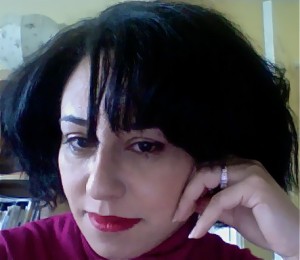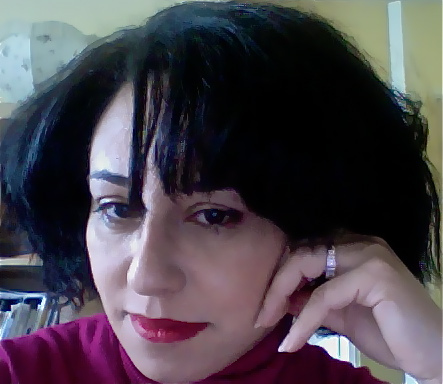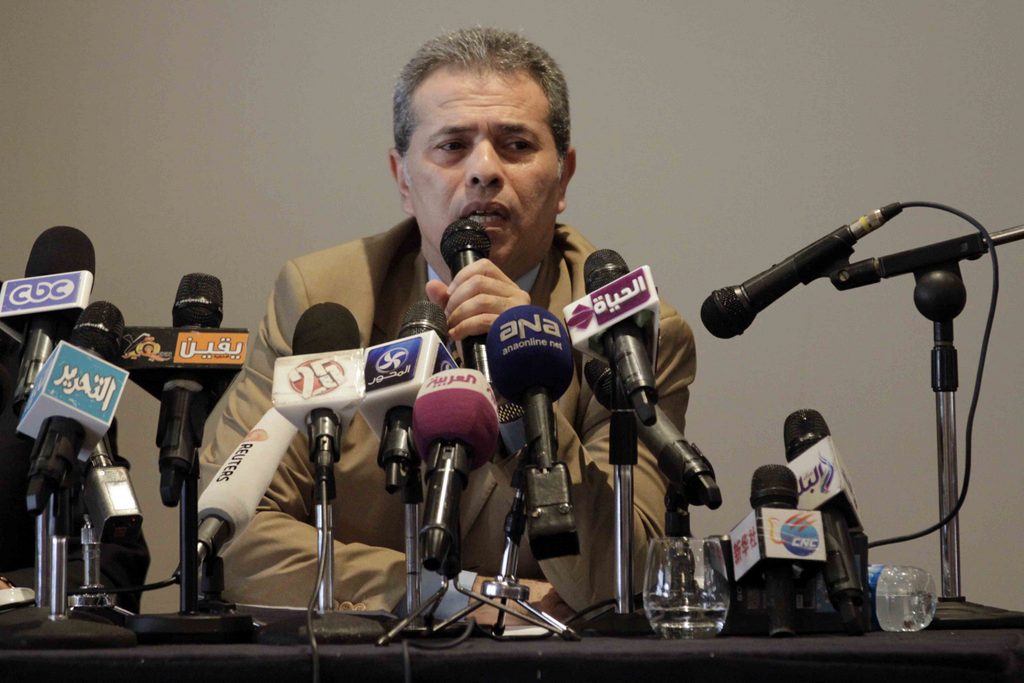
By Nervana Mahmoud
Nothing reflects the essence of Islam better than the pilgrimage to Mecca. It sums up the faith in a nutshell: humility, reflection and most importantly, equality. In the haj, women stand side by side with men; the rich stand alongside the poor; brown people alongside white. All are equal in the journey toward redemption. All pilgrims have to perform the same rituals and endure the same suffering. Arguments, bickering, hatred, resentment, and revenge are aspects Muslims must abandon to avoid spoiling their pilgrimage.
Sadly, outside the pilgrimage season, divisions, conflicts, and even wars between Muslims have been a recurring theme since the early days of Islam. The death of Caliph Osman, and then later the conflict between Caliph Ali and Muawyia were crucial events that planted the seeds of division among Muslims.
It is pointless to reopen the narratives of past tragedies. However, it is paramount to acknowledge the stark similarities between past and present political blunders; the divisions, the tragic loss of lives, the blame and counter-blame. A feature of these tragedies has been the inability of the conflicting parties to detangle theological differences from political differences. The schism that took place 14 centuries ago is essentially no different than what countries like Egypt are experiencing now: a battle for power entangled with a conflicting interpretation of religious texts.
When Egypt’s military chief, General Sisi, ousted president Morsi, he forged an intriguing coalition that included the grand Imam of Al-Azhar, the Coptic Pope and the ultra-conservative Salafi Nour Party, among others. The logic behind that move was to assert the notion that 30 June was a revolution, not a coup. Egyptian Muslims were divided between supporters of General Sisi and supporters of Morsi and “the Anti-Coup Alliance”.
The recent interim government’s plan to reform preaching by banning unlicensed Imams, banning prayers in small mosques and cutting the length of Friday’s sermon was also viewed as cementing the coup and justifying the brutal crackdown against anti-coup supporters.
During the Mubarak era, a growing plethora of unsanctioned, unauthorized, and unchecked preachers emerged. Anyone could easily build a small mosque (known as a Zawya) and appoint self-proclaimed Imams to teach religion with little scrutiny of their qualifications or credentials. The result was haphazard teachings; people could pray in several mosques and hear conflicting, even ridiculous fatwas. Logic gradually evaporated from the religious message and was replaced by nonsense, mixed with hatred and intolerance, and wrapped with intense emotional fervour.
After Mubarak was ousted, mosques were used and abused for political campaigns. This was a natural outcome following the lifting of the ban on religious-based political parties, whose many members were linked to neighbourhood mosques in their towns and villages. The trails of referendums and elections that followed the January 2011 revolution has entrenched mosques within the fault lines among political opponents. Many mosques have become well known for their links with certain political parties, either the Muslim Brotherhood or the various Salafi parties. The growing resentment against Morsi was also manifested in mosques. On some occasions, Morsi was attacked during or after Friday prayers. Even the choice of Rabaa for the sit-in was based partly on the links of the Muslim Brotherhood with the Rabaa Mosque. Inevitably, mosques lost their sanctity, and were breached by angry protestors and brutal security forces.
Undoubtedly, the role of Islam in societies lies at the centre of the current upheaval in the Middle East. Non-Islamist forces, most of whom are not necessarily secular, are fighting against mixing Islam with politics while trying to find some sort of workable formula that allows religion in the state constitution, but limits its impact on political life. Meanwhile, Islamists are not just insisting that religion and politics are inseparable; they are also labelling the new movement to standardise religious teaching in an effort to create “state –Islam,” linking it with legitimizing the coup and giving it a religious blessing.
The current rift in Egypt has not just led to deep divisions in society; it has also transformed the Muslim Brotherhood from an organization to a religious and political sect. In fact, the Anti-Coup Alliance can best be described as the neo-Shia sect, with the forced end of the Rabaa sit-in as the new Karbala. Members of the alliance express their solidarity with each other by showing the four-finger gesture, which symbolises their grief over the loss of lives of their brothers and sisters at the hands of the security forces, and they have gained the support of thousands of sympathisers around the globe.
It has become increasingly clear that calls for reconciliation are falling on deaf ears, and the prospect of a political solution is becoming increasingly unlikely. However, what is unclear is how the “neo-Shia” of Egypt will evolve in the future. Historically, the relationship between the Muslim Brotherhood and Al-Azhar has been tense and even acrimonious, since the foundation of the group by Hassan el-Banna. Recent events in Egypt have compounded the tension and created new enmity that may continue for generations.
Nonetheless, it is paramount for Al-Azhar to understand the challenges ahead. Although it is entirely sensible to standardize preaching and advocate a more tolerant Islam, it is crucial not to alienate supporters of ex-president Morsi. Those youth do not need their voices to be silenced, but they need acknowledgment of their grief, and they also need coaching on how to contain their frustrations and anger. Al-Azhar must not be seen as hostile to Morsi’s supporters; however, Egyptians, both pro and anti-Morsi, must understand that entering a mosque does not legitimize one’s political beliefs and neither does fighting with the police. Mosques should offer worshippers an extension of the Mecca pilgrimage journey; a daily redemption exercise that nourishes the soul and enriches the faith.
It may be difficult to untangle Islam from politics in countries such as Egypt, but at least let’s leave our divisions at the doors of our mosques and let the houses of God become sanctuaries from the current poisonous environment.
Happy Eid everyone.




